Nearly six years after the partition of Bengal in 1905, the Dhaka Club was founded on 19th August, 1911.
The following were the individuals who took the foremost initiative and were the club’s founder members;
• Lt Col E.A.W. Hall, Civil Surgeon of Dhaka & Superintendent of Mitford Hospital.
• C.R.W. Bryan, Merchant, Narayanganj.
• H.G. Bally, Commandant, Military Police Battalion, Dhaka.
• J.O. Rennie, Executive Officer, Public Works Department, Dhaka.
• J.S. Wilson, Indian Police, Dhaka.
• A.T. Halliday, Indian Police, Dhaka.
The club obtained its legal status on September 14, 1911 under the Indian Companies Act of 1882. The founder members were all British, either bureaucrat or commercial persons. As was expected in the colonial period, Dhaka Club (like other similar clubs in India) primarily served the cultural and recreational needs of the Europeans. It created a home away from home where members and their families could socialize, play and dine in a style reminding them of their original abode.
Sir Lancelot Hare, K,C,S,I,C,I,E. who succeeded the first Lt. Governor, Sir Joseph Bampfylde Fuller, as the Lt. Governor of Eastern Bengal and Assam on 20 August, 1906 laid the foundation stone of Dhaka Club Ltd. on 19 August, 1911.
With the departure of the British in 1947, Dhaka Club gradually transformed itself, adjusting to new needs and demands. After the independence of 1947 from British rule, Bengalis who qualified as members of the Dhaka Club came mainly from the influential and anglicized rungs of the society. Others were senior civil and military bureaucrats, police officials and businessmen.
With the Liberation of Bangladesh from Pakistan in 1971, the last vestiges of the colonial past were shed off giving way to a truly indigenous identity. The club now continues to be a secular space as well as an avenue for leisure, recreation and sport for the elite of the society.
